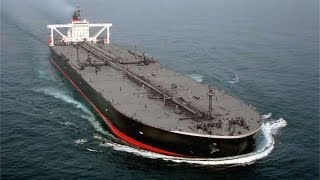Inside Oil Tankers – Documentary Films
All over the world, tanker operations are constantly moving. Oil tankers are ships specially designed for the bulk transport of either unrefined crude oil or petrochemicals. Their size classes can range from coastal or inland tankers of a few thousand metric tons of deadweight (DWT) to a colossal amount of 550,000 DWT. These giant specialized ships transport approximately two billion metric tons of oil across the sea every year.
Crude oil is one of the world’s most consumed sources of energy. Oil tankers, therefore, play a significant role in the way the country operates. Because of the products they are built to carry, without proper maintenance, these mammoth ships of black gold can also pose a threat on the environment.
To ensure that an oil tanker does not severely impact the environment, oil companies must employ an expert and highly experienced ship management service to oversee tanker operations. They must also routinely check their oil tankers for maintenance purposes. Fixing the smallest dent, scratch or crack can mean the difference between safe sailing across miles of seawater and a devastating oil spill.
On board the ship, safety measures should be strictly imposed. Because of the hazardous – and often flammable – nature of the materials being transported, the possession of flammable objects should be avoided if not prohibited entirely to avoid accidents, which can threaten the lives of the people on the ship, as well as the surrounding marine life.
Whether at sea or anchored at a dock, tanker operations and safety measures should still be strictly implemented to prevent the ship from negatively affecting the environment.


